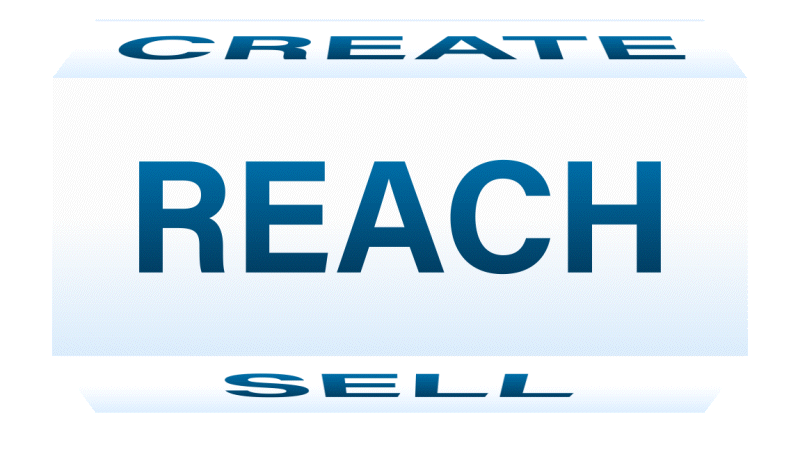Marketing That Works as Hard as You Do.
More
We help small businesses stand out, get noticed, and stay growing.
General Marketing FAQs
-
Digital marketing is the promotion of products or services using digital channels like websites, social media, search engines, email, and paid ads. It’s important because it helps businesses reach a broader audience, generate leads, increase sales, and build brand awareness in an increasingly digital world.
-
The right strategy depends on your business goals, target audience, industry, and budget. A combination of SEO, PPC, social media, email marketing, and content marketing can be effective. A marketing agency can help analyze data and craft a tailored plan.
-
Organic marketing involves strategies like SEO, content marketing, and social media engagement to grow traffic naturally.
Paid marketing includes PPC ads, social media ads, and display ads, which require a budget to reach a targeted audience faster.
-
SEO: 3-6 months
PPC Ads: Immediate results
Social Media Growth: 3-6 months
Email Marketing: Depends on list size and engagement
Marketing results vary based on strategy, budget, and industry.
-
It depends on your industry and audience:
B2B → LinkedIn
E-commerce & Lifestyle → Instagram, TikTok
Local Services → Facebook, Google Business Profile
Younger Audience → TikTok, Snapchat
A marketing agency can help analyze where your target audience is most active.
-
SEO (Search Engine Optimization) improves your website’s ranking on Google, making it easier for potential customers to find you. Better rankings lead to more organic traffic, which increases brand visibility, credibility, and conversions.
-
PPC (Pay-Per-Click) is an online advertising model where you pay for each click on your ad. It works through platforms like Google Ads and Facebook Ads, where businesses bid for keywords or audiences to display their ads.
-
Key metrics include:
Website traffic (Google Analytics)
Lead generation (form fills, calls)
Conversion rates (sales, sign-ups)
Engagement rates (social media likes, comments)
ROI (Return on Investment) – Revenue generated vs. ad spend
-
Geofencing is a location-based marketing strategy where businesses target ads to users within a specific geographic area using mobile GPS. It’s effective for local businesses, events, and retail stores
-
Influencer marketing is beneficial if your audience trusts social media personalities. It’s especially effective for e-commerce, beauty, fitness, food, and lifestyle brands. ROI depends on choosing the right influencers with an engaged audience.
Hiring a Marketing Agency FAQs
-
Consider hiring an agency if:
You lack the time, expertise, or resources to handle marketing in-house.
You need specialized skills like SEO, PPC, or video production.
Your business is growing and you need a scalable strategy.
-
A full-service agency may offer:
SEO & Content Marketing
PPC Advertising
Social Media Management
Email Marketing
Branding & Design
Website Development
Video Production
-
Costs vary based on services and agency size:
Small businesses: $1,500 – $5,000/month
Mid-sized companies: $5,000 – $15,000/month
Large enterprises: $15,000+ per month
-
Look for an agency with:
✔ Industry experience
✔ Proven case studies
✔ Transparent pricing
✔ Good communication
✔ Customized strategies (not one-size-fits-all) -
What industries do you specialize in?
How do you measure success?
What’s your reporting process?
Can you provide case studies or client references?
How flexible is your contract?
-
They use tools like Google Analytics, Facebook Business Manager, SEMrush, and provide reports showing campaign performance, lead generation, and ROI.
-
Some agencies offer month-to-month, while others require 6-12 month commitments. Choose based on your business goals and budget.
-
Full-service agency handles everything (SEO, PPC, social, design, web).
Niche agency specializes in one area (e.g., SEO agency, PPC agency).
-
It depends on your preference. Some businesses are hands-on, while others let the agency handle everything and just review reports.
-
They analyze your business goals, competition, audience size, and industry to recommend an appropriate ad spend and marketing budget.
Marketing Strategy & Execution FAQs
-
A mix of SEO, paid ads, content marketing, and social media drives consistent website traffic.
-
Run social media & display ads
Engage in content marketing
Use SEO to rank higher on Google
Collaborate with influencers & partners
-
Content (blogs, videos, social media) educates, engages, and converts your audience, helping build trust and improve SEO.
-
Yes! Email marketing delivers high ROI when personalized and focused on customer needs.
-
Focus on organic marketing (SEO, content, social media) and low-cost PPC campaigns. Start small and scale with results.
-
If you have a physical location, local SEO is critical for ranking in Google Maps & local searches.
-
Google Ads = High-intent searches
Facebook Ads = Brand awareness & engagement
A combination often works best.
-
Use lead magnets, landing pages, targeted ads, and email marketing to attract and convert potential customers.
-
Audit your analytics, messaging, targeting, and budget. A marketing agency can help optimize your campaigns.
-
At least every quarter. Adjust based on trends, performance data, and business goals.

